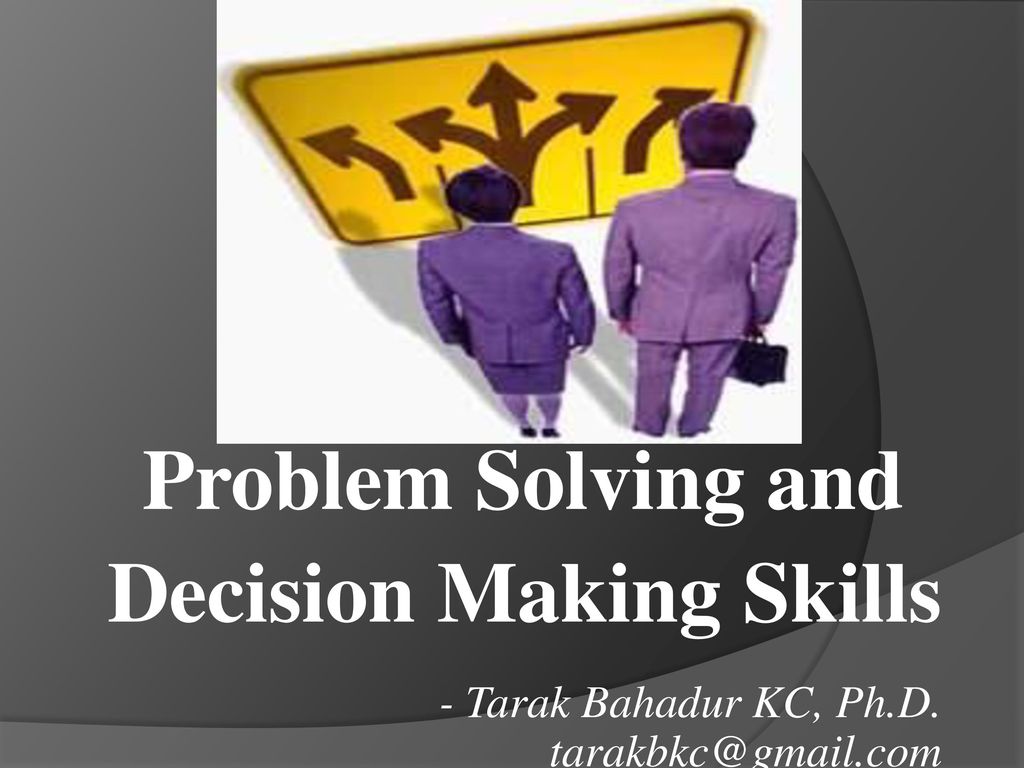The Importance of Gut Feeling in Decision Making: Trust Your Instinct

In the current fast-paced world, the ability to make solid decisions is increasingly important than before. Whether in personal life, at the workplace, or in the broader context of communities, our decisions can have significant effects on our lives. While numerous people rely strongly on data and analytical reasoning, there is a growing recognition of the essential role that intuition plays in decision-making. Often described as a gut feeling, intuition can lead us in moments when time is limited or when the information available is incomplete.
Grasping the dynamics between intuition and logic is essential for mastering the skill of smart decision-making. Intuitive perspectives can act as a powerful complement to structured decision-making models, providing a harmony between emotional intelligence and rational thought. By learning how to utilize this inner knowledge, we can improve our decision-making skills and navigate life's challenges with increased confidence. In this article, we will explore various techniques to sharpen our decision-making methods and uncover the psychology behind effective choices, enabling readers to trust their gut while also depending on critical thinking.
Comprehending Intuition within Choices
Instinct is often defined as a hunch that guides our decisions omitting the need for lengthy reasoning. It functions beneath the level of our conscious mind, leveraging our prior experiences, awareness, and feelings signals to come to decisions rapidly. how to make decisions faster permits individuals to take decisions quickly, which can be particularly advantageous in urgent circumstances where logical thinking may cause paralysis by analysis.
Studies in behavioral science indicates that intuition can considerably improve the decision process, as it utilizes our natural skill to judge situations based on body language and feelings. However, counting entirely on intuition can be misleading, especially if our feelings or prejudices cloud our decision-making. Finding the proper balance between instinct and rational thinking is necessary for effective decision-making, particularly in high-stakes contexts.
Identifying the role of intuition involves grasping its advantages and drawbacks. Even though it can lead to quick and efficient selections, it is essential to foster insight into oneself and reflective thought. By reviewing prior decisions and recognizing the underlying feeling elements, individuals can enhance their intuitive abilities and augment their choices. This integration of intuition and rational thought enhances higher confidence in the choices we make, ultimately leading to greater effective outcomes.
Strategies to Enhance Decision Making Skills Skills
Improving decision making skills begins with clearly defining your objectives and understanding the setting of your choices. Take the time to determine what you genuinely want to accomplish before assessing your options. how to make decisions faster streamlines the decision making process but also helps you harmonize your choices with your values. Contemplate making a visualization board or jotting your goals to ensure your attention sharp. By defining well-defined goals, you will be more prepared to recognize which choices actually benefit your best interests.
One beneficial technique to strengthen decision making is to adopt a structured decision making framework. This may include applying tools such as the SWOT analysis to assess the strengths, weaknesses, opportunities, and risks related to your options. Alternatively, you might use the decision matrix or a cost-effectiveness analysis to weigh the pros and disadvantages objectively. By utilizing these approaches, you can reduce emotional bias and clarify your thought thinking, thus leading to more well-founded and logical decisions.
In conclusion, engage in awareness in your decision making approach. Taking a moment to stop and think prior to making choices allows you to tune into your instincts while also assessing the circumstance with a focused mind. Practices such as breathing exercises or visualization can help you keep grounded and alleviate nervousness. By integrating awareness, you establish space for both gut feeling and reason to participate, boosting your ability to make decisive choices amid stressful situations.
Harmonizing Intuition with Analytical Analysis
In making decisions, instinct often serves as a valuable guide, drawing on our subconscious insights and experiences. It allows for quick decisions and can be particularly beneficial in circumstances where time is short. However, relying solely on gut feelings can sometimes lead to errors, especially in involved scenarios. Therefore, it is crucial to combine gut insights with logical thinking to arrive at comprehensive decisions.

Analytical thinking includes evaluating data, examining evidence, and considering various outcomes based on reason and reasoning. This method provides a structured framework to dissect options and weigh the advantages and disadvantages, which is essential when decisions carry major consequences. By merging analytical processes with intuitive feelings, individuals can enhance their decision making capabilities, ensuring that their choices are both timely and substantiated by relevant information.
To effectively balance these approaches, one can begin by recognizing their intuitive instincts while also committing to a methodical evaluation of the situation. Allocating dedicated time to examine the aspects of each decision can help clear up thoughts and foster mental clarity. This supportive relationship between gut feelings and analytical thinking not only develops confidence in decision-making but also fosters a deeper understanding of the choices at hand, leading to improved outcomes.
